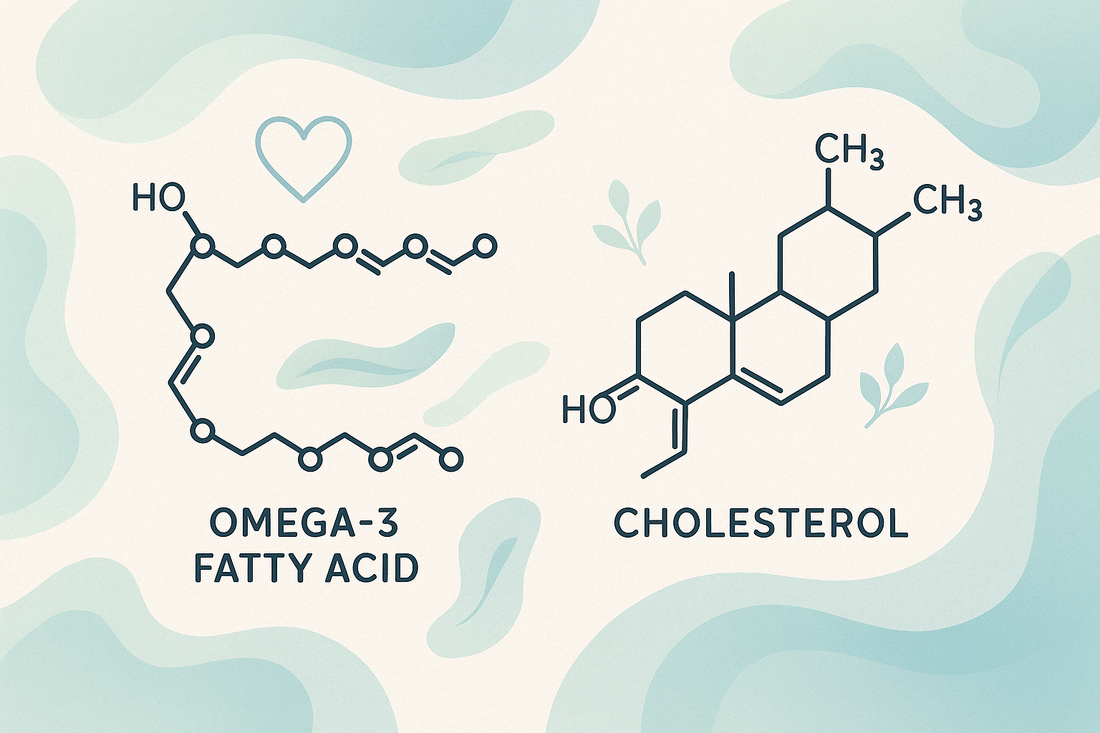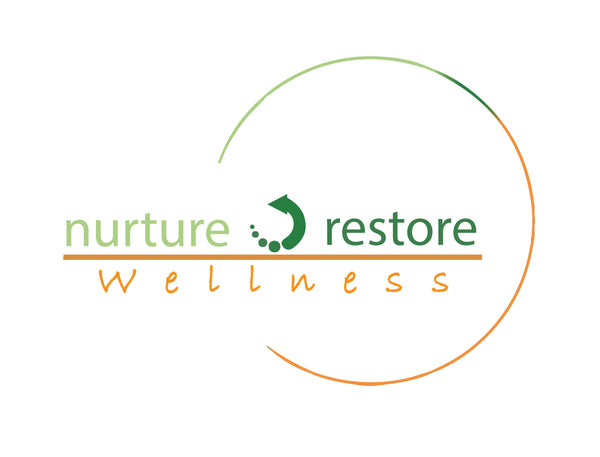
Cholesterol: Friend, Not Foe
Share
Cholesterol has long been misunderstood. For decades, we’ve been conditioned to fear it, monitor it obsessively, and lower it at all costs. But in reality, cholesterol is one of the most essential substances in the human body—integral to the structure and function of our cells, hormones, brain, and metabolism.
What many people don’t realize is that the body produces most of its cholesterol on its own. In fact, the liver is responsible for manufacturing about 70 to 80 percent of the cholesterol in circulation. That’s because cholesterol is not optional. It’s the raw material for producing steroid hormones such as estrogen, progesterone, testosterone, and cortisol. It’s essential for making vitamin D and for synthesizing bile acids, which allow us to properly digest and absorb dietary fats. Every cell membrane in the body relies on cholesterol for structural integrity, and the brain in particular depends on it for cognitive function and repair.
When blood cholesterol levels are elevated, it's not necessarily a reflection of a poor diet. More often, it reflects deeper imbalances in the terrain—particularly inflammation, poor fatty acid metabolism, or impaired lipid transport. In other words, cholesterol may not be the problem—it may be the messenger. This is why looking at cholesterol in isolation can be misleading. What truly matters is how your body is managing fats: whether your cells are inflamed, whether your mitochondria are efficiently metabolizing fatty acids, and whether your liver and gallbladder are doing their jobs in processing, packaging, and clearing lipids effectively.
This is where a product like Cholesterol Support may offer real value. It doesn't aim to suppress cholesterol production but rather to support how fatty acids are transported and processed in the body. By improving lipid metabolism, the body may naturally regulate cholesterol levels more efficiently. We’ve seen this reflected in clinical practice—when digestion, liver function, inflammation, and insulin sensitivity improve, cholesterol often normalizes without aggressive intervention.
Elevated cholesterol can also be a response to systemic inflammation. When tissues are damaged, the body uses cholesterol as a patching agent, part of its repair mechanism. In this context, cholesterol isn’t the culprit—it’s responding to the problem. This is why it’s critical to focus not just on the lab numbers but on the full picture: the quality of fats in the diet, fiber intake, the inflammatory burden, oxidative stress, metabolic markers, and even digestive capacity.
Rather than fearing cholesterol, we should be asking better questions. Is the body inflamed? Are the fats in the diet supporting or disrupting cell membranes? Is there sufficient fiber and antioxidant intake to shuttle cholesterol safely out of the system when it's no longer needed?
A healthy, whole-foods diet rich in colorful vegetables, bitter greens, healthy fats, and fiber can help regulate cholesterol naturally. Supporting bile flow, liver detoxification, and enzyme function further assists in optimizing lipid metabolism. Functional support—through diet and targeted supplementation—can help bring cholesterol back into balance without suppressing its vital roles in the body.
In the end, cholesterol is not the enemy. It's a vital compound with life-sustaining functions. When elevated, it is often a sign that something else in the terrain needs attention. By supporting the body’s natural processes and addressing the root causes of imbalance, we can restore metabolic health and resilience—without waging war on one of the body’s most essential molecules.
